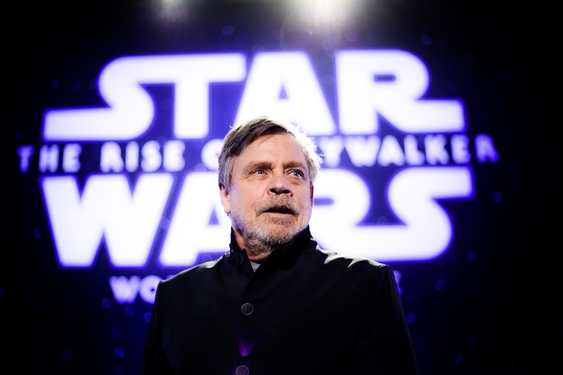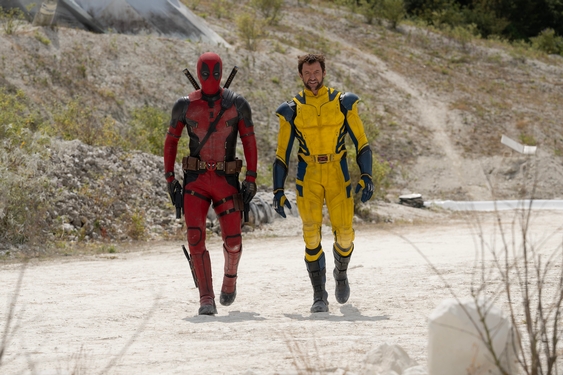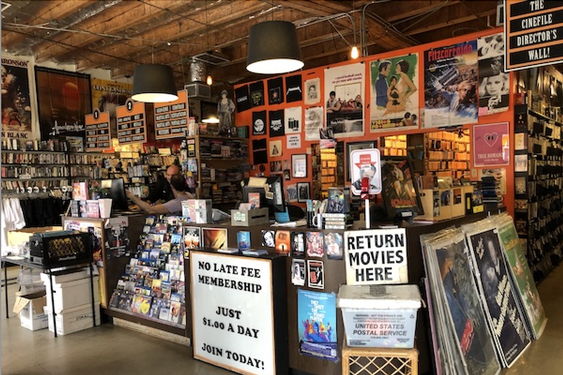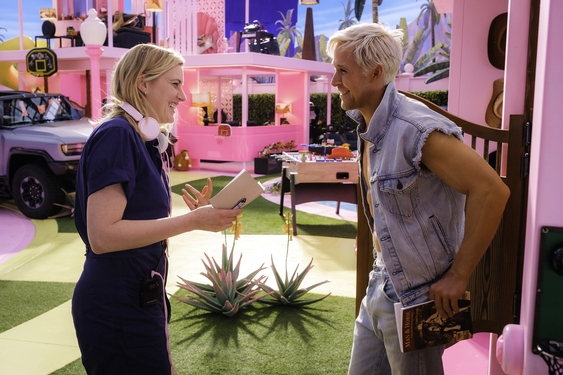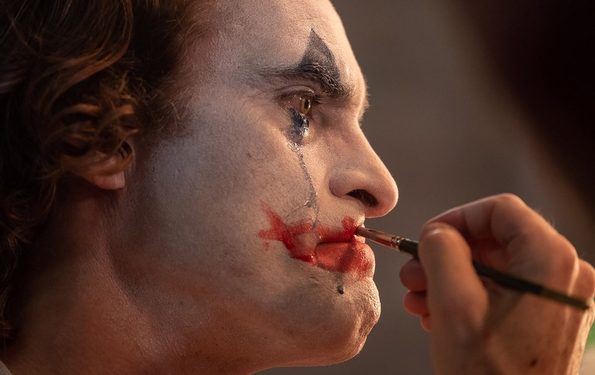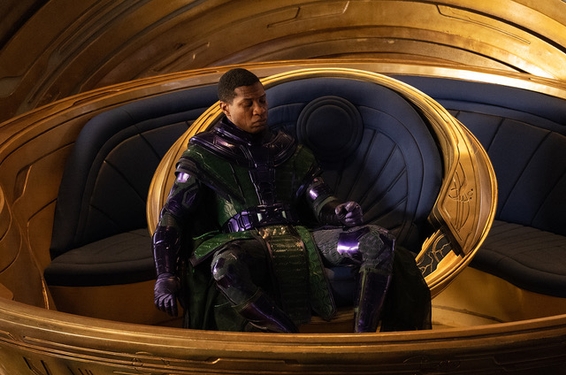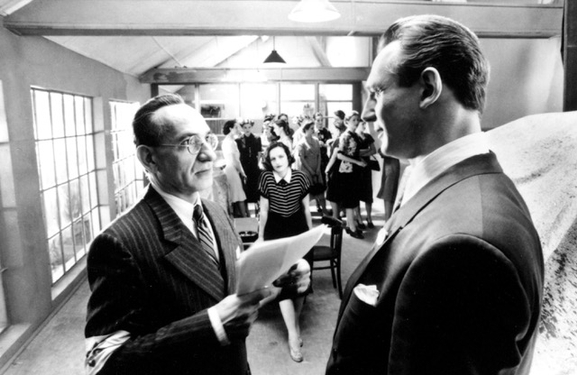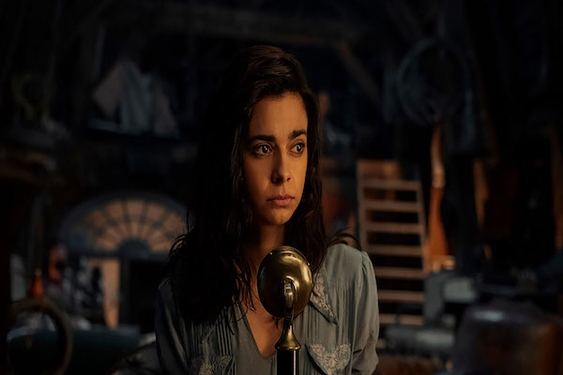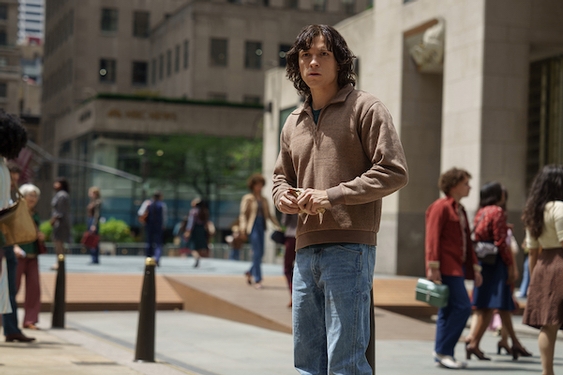On March 17, Campus Circle was invited to partake in a round table Q&A session with the star and filmmaker of one of this year’s most anticipated films: Emma Stone and director Marc Webb of The Amazing Spider-Man.
Q: Experience-wise, what’s been fun for you showing up for work every day on this movie? What were the take-aways?
Emma Stone: Well, there were fun elements, like swinging, that I’d never done, or reacting to something that’s not there, which was interesting, but the greatest take-away was realizing that everything is so grounded in reality, and it doesn’t matter how big the world is around you. You are doing a scene between two people, and it’s human –it’s reality. That’s kind of a comforting thing when you’re in something that’s so seemingly daunting.
Q: Seeing the level of “hardcoreness” that fans have about Spider-Man, does it make you nervous about living up to their expectations?
ES: I think, initially, definitely, but you realize that there’s just so much material when it comes to Spider-Man. I had done The Help right before it, and that was a book. That was one book, but this is 50 years worth of comic book material, so there are different incarnations of Gwen, and I realized, you can’t please everybody. You were cast because they’re hoping that you can bring this character to life in the best way you know how. At the end of the day, I hope people are satisfied. Not everybody will be, and that’s one of those trials of being human, I guess, (laughs) –it’s when you learn that not everybody can like you.
Q: What are you looking to explore in the relationship between Peter Parker and Gwen Stacy?
Marc Webb: I think Peter Parker eventually learns about sacrifice through Gwen Stacy, but in order to learn that lesson, you have to feel that really strong bond. In terms of what we set out to do with this relationship specifically was... Do you remember the first time you meet a girl in high school, and then you get to share things with that person you might not have shared with any other people? That creates a bond and an intensity that has a lot of currency, and when you get that opportunity to be honest and open with somebody for the first time, that’s really exhilarating. That’s something that people really identify with. In terms of Gwen as a character, she’s really smart. She’s got this scientific quality. She’s in sort of a weird position, stuck between the different men in her life.
ES: Yeah, her duty to her father and her duty to her boyfriend, because she’s a real confidante for him. Their intimacy is an incredible element, and I think that Gwen has been in control her whole life. [She’s] the oldest daughter of a police chief, [so she] is constantly terrified her father is going to die. She’s smart because she has to be. She’s a valedictorian because she has to be. She has to take care of things and be responsible for her family, and I think that being able to let go and trust somebody that puts himself in the face of death every day, too... Great, now she’s drawn to another person who can die at any moment, and she has to keep his secret. It’s a pretty complex situation for Gwen, and there’s a lot of sadness and fear in her life.
Q: With the romance so important in the story, how quickly did you see the chemistry between Emma and Andrew Garfield? Did you land it right away, or did you have to work on it?
MW: Well, I know when we did a screen test, what was great was that Emma brought a level of humor and levity that Andrew really responded to. There was a spontaneity on set that was a real joy to watch.
Q: With 50 years of Spider-Man, why go back and explore this origin story one more time?
MW: We’re telling the story in a different way, and I think it’s really important, when you’re re-defining a character, for the audience to experience things that they haven’t experienced from the ground up. We’re creating a different universe, with different rules and a different tone. We are very careful to honor the iconography of Spider-Man.
Q: Emma, what was your very first exposure to Spider-Man?
ES: [I had seen] the Sam Raimi trilogy. I didn’t read comics growing up, but I watched a lot of movies. I guess those were my comic books. Really, my exposure increased by becoming affiliated with Spider-Man. It was when I was going to audition for Gwen that I looked into the Gwen Stacy story. I was so excited that it was Gwen. When your exposure has been the Sam Raimi trilogy, you don’t even really know about Gwen Stacy, so it was like I had some backstory all of a sudden to Peter and Mary Jane. He’s gone through something so horribly traumatic in his life and has such a sense of guilt. It really added so much to the story.
Q: Why was Andrew Garfield the perfect Spider-Man?
MW: He looked perfect.
ES: He’s perfect!
MW: We looked at a lot of people. There was something about him. I remember there was a very specific moment when we were screen testing with Andrew. He was eating a cheeseburger in a scene that was just for the screen test. He moved in a way that felt adolescent.
Q: It looks like you’ve restored the “smart-assy” element of Spider-Man. Why was that important for you to make sure you got it in there?
MW: I think it emerges from a kind of attitude. There’s a punk rock quality to Peter Parker that when I read the comics I really liked. There’s a sort of chip on his shoulder. That humor is something that’s so crucial; it’s part of the DNA of the comics. I liked that wise-ass quality, and I think that Andrew really took a shine to it, as well. He hadn’t done a lot of funny movies before this, but he can be very wistful.
Q: [to Emma] Do you get to be funny, too?
MW: She is such a drag. (laughs)
ES: (laughs) I’m such a bummer. I literally went like Charlie Brown through the whole movie.
The Amazing Spider-Man releases July 3.



